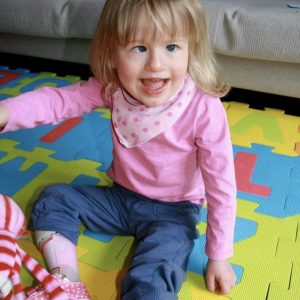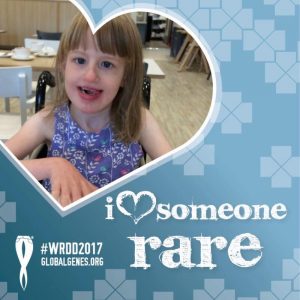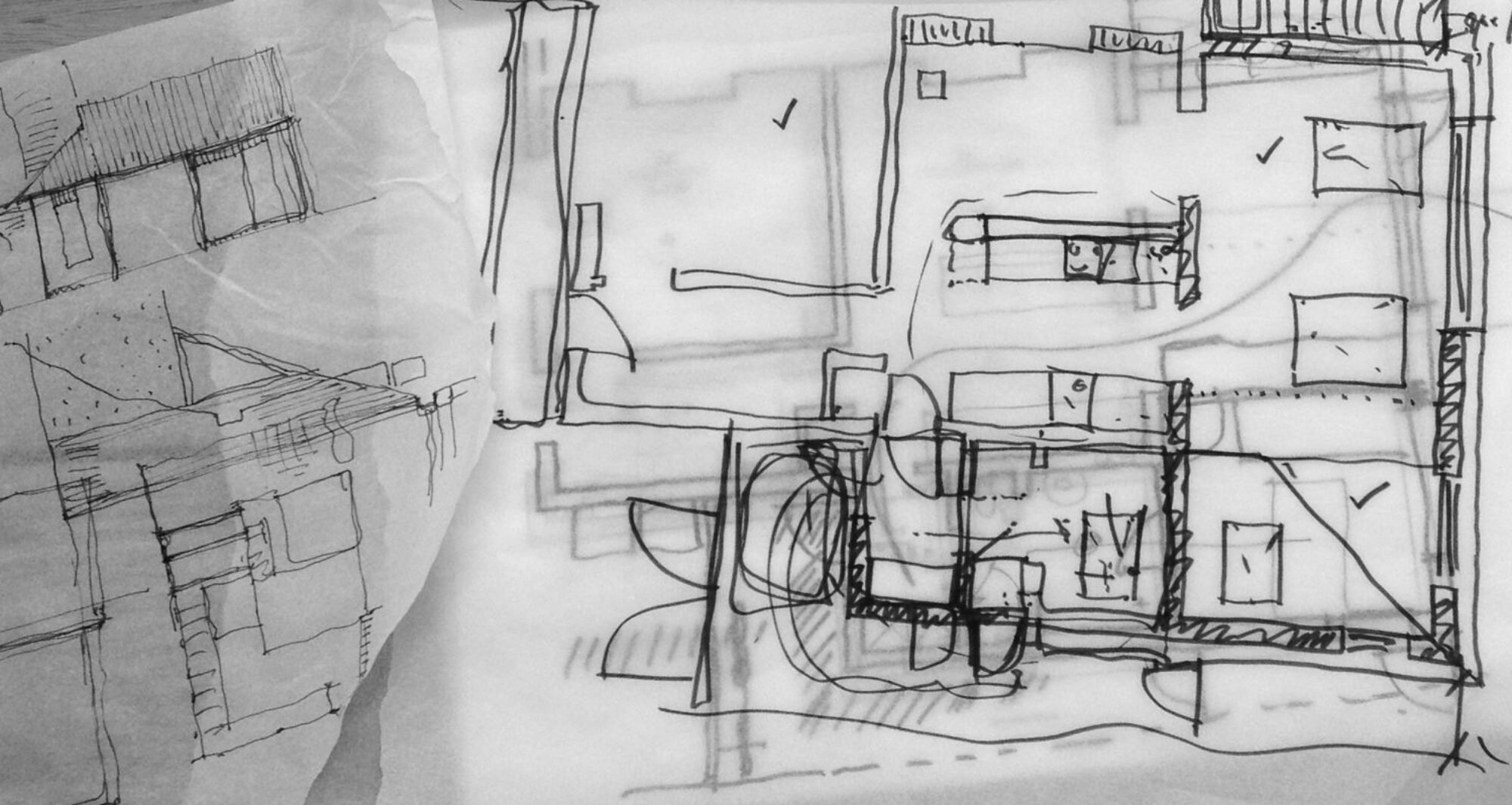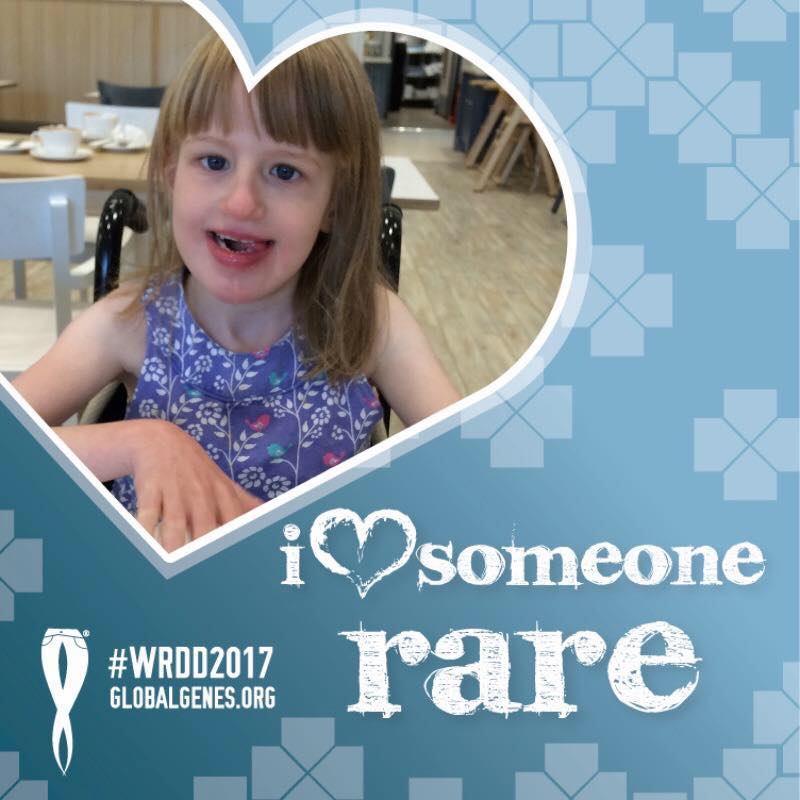We are members of SWAN UK, a fantastic support network for families of children without an overarching diagnosis for their medical conditions and/or disabilities, support for families of those with a Syndrome Without A Name.

We didn’t find SWAN (run by the charity Genetic Alliance) until EJ was 2 years old, when we found a leaflet in our enrolment pack for the DDD study. Until this point all the standard NHS genetic tests available had drawn a blank in identifying any particular reason for her developmental delays and we had felt pretty confused and alone. (You can read a bit more about this uncertain time here and here.)
The DDD (Deciphering Developmental Disorders) study is a far more detailed method for genetic testing than the NHS can offer (which coincidentally is being carried out just down the road from us at the Sanger Institute in Cambridge!), using new technologies to try to identify particular gene changes responsible for developmental disorders.
“Instead of having a targeted test for a particular change, we therefore have to look across all of the child’s genome to find out if and where a change occurred which caused the disorder” – www.ddduk.org
This analysis of the whole genome can take some time…..
…. and in the meantime we have become quite comfortable being part of our big ‘SWAN’ family. We’ve found help, advice, comfort, true friends and love in our extremely diverse community, and have celebrated Undiagnosed Children’s Day at the end of April each of the 4 years since we joined.
However this year is a little different.
And I’m actually writing this particular post to coincide with another awareness day, Rare Disease Day, because (quite out of the blue as we’d almost given up hearing anything at all!) we received a letter via EJ’s geniticist that the DDD study has found a gene change that is the probable cause of EJ’s disabilities! So, quite unexpectedly EJ may have become a ‘graduate’ SWAN (although I am relieved to say that graduate SWAN families are most welcome to remain part of the big SWAN family – phew!)!
 Of course you are always advised to steer clear of Dr Google, but when it’s been 5 years since investigations began, you kind of can’t not google!? And also, when you are dealing with something so rare, and so new, there’s almost as much information out there in the hands of Dr Google as there is available to the medical professionals (granted I’m not quite as qualified to interpret it all as the real doctors!)!
Of course you are always advised to steer clear of Dr Google, but when it’s been 5 years since investigations began, you kind of can’t not google!? And also, when you are dealing with something so rare, and so new, there’s almost as much information out there in the hands of Dr Google as there is available to the medical professionals (granted I’m not quite as qualified to interpret it all as the real doctors!)!
I’m not sure if there is a right way to give a family a diagnosis, especially such a long awaited one. I’m not even sure if this counts as a diagnosis as such? Too fledgling a discovery even to have a name, other than the gene name, KAT6A. We were told via letter, which may sound a bit blunt to some, but I think I would have worried myself silly having received a more cryptic letter asking us to attend an appointment at a later date, or a telephone call, which always seem to come at an awkward time.
I think it probably depends on the news.
The information we were given was not frightening to us. Internet searches of EJ’s gene glitch brings up almost an exact list of the symptoms we already knew about for her. I think if there had been more worrying symptoms listed I might feel differently, and perhaps the news would have been delivered differently?
After Dr Google, our next move was to check Facebook to see if there were any other families out there, and, lo and behold! There are! So far, around 70 (mostly children) all across the world, including a few others in the UK, who have disabilities almost exactly like EJ! Some of the families have even gathered together the information known about the KAT6A gene change on this new website!
I’m not yet sure how much difference having this information will make. In some ways a relief? We may learn some useful things through research into the gene change… issues around health? Perhaps improved strategies to help EJ reach her potential?
However the loveliest thing about the diagnosis so far is finding those other families, and also discovering some of the ‘behavioural traits’ linked to the condition are ones that we know & love!….
A happy demeanour! Always smiling, loving cuddles, giggling and laughing often!
And so it seems we are embarking on another stage of our journey….. but always thankful to have our SWAN family travelling with us!


This must feel really strange for you suddenly knowing what it is. We have had several changes of diagnosis for both me and my little girl and it’s always difficult trying to take it all in. It’s also nice to know because you feel a little more confident that the right treatment will be available. xx
It is very strange and slightly surreal! However as the condition is so rare (only 70 worldwide so far!) we really don’t know that much more than we did before. It’s actually quite exciting finding families that are all learning about it together!
Hello, my son who is 14 has just been diagnosed with kat6a syndrome , so we are just finding out all about it.
Xx
Oh wow! Hello! Have you found the KAT6A Support Group on Facebook? So much still to learn about the syndrome, but the group is a great place to start!
Hi , lovely post . Your daughter is beautiful .
We had KAT6A finding recently come back from the 100k genomes geno project . There are some lovely groups out there . There is also one called KAT6A support group UK .
My son is 6.5 now , his names Daniel , we are from the West Midlands area . Daniel is a happy , bubbly really likes at his specialist school . Just wish I could take away all his complex medical needs .
I hope over time we will discover more information around KAT6A
Hello! We’re in the KAT6A facebook group too! Hoping to go along to the UK meet up in the summer – are you going!?